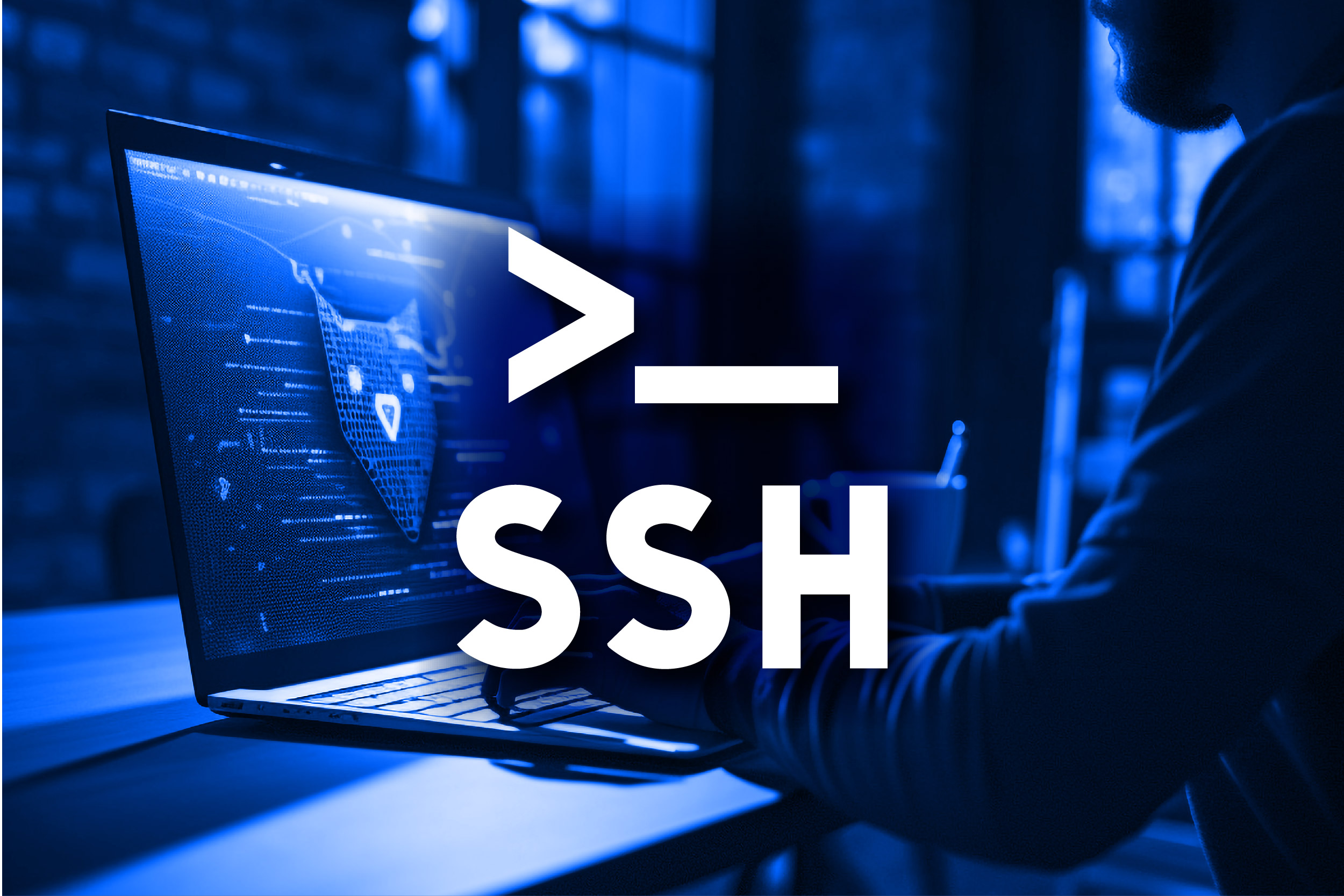OpenSSH has identified a critical vulnerability that poses a serious threat to Linux systems running on glibc. Designated as CVE-2024-6387, this flaw in the OpenSSH server component, sshd, could potentially lead to unauthenticated remote code execution with root privileges.

Understanding the Vulnerability
The vulnerability stems from a race condition in sshd’s signal handler, which allows malicious actors to exploit the flaw remotely, gaining root access on affected systems. This issue affects OpenSSH versions between 8.5p1 and 9.7p1, with earlier versions also susceptible unless previously patched for CVE-2006-5051 and CVE-2008-4109.
Historical Context and Impact
Interestingly, this vulnerability is a regression of a flaw that was initially patched 18 years ago as CVE-2006-5051. It resurfaced inadvertently in October 2020 with the release of OpenSSH version 8.5p1, highlighting the challenges of maintaining software security over time.
Technical Details and Exploitation
According to Qualys, the cybersecurity firm that discovered the vulnerability, exploitation involves a specific scenario where sshd’s SIGALRM handler is triggered asynchronously if a client fails to authenticate within 120 seconds. This non-async-signal-safe handling can be exploited over a period of 6-8 hours under controlled conditions, potentially leading to complete system compromise.
Mitigation and Best Practices
To safeguard against CVE-2024-6387, it is crucial for system administrators and IT teams to promptly apply the latest security patches provided by OpenSSH. These patches address the underlying race condition and enhance the robustness of sshd’s signal handling.
In addition to patching, implementing network-based controls to limit SSH access and enforcing strict network segmentation are recommended security measures. These practices can significantly reduce the attack surface and mitigate the risk of unauthorized access and lateral movement within the network.
Conclusion
The discovery and disclosure of CVE-2024-6387 underscore the importance of rigorous regression testing in software development to prevent the inadvertent reintroduction of known vulnerabilities. By staying informed and proactive in applying security updates, organizations can effectively safeguard their Linux systems against potential threats and maintain a resilient cybersecurity posture.
For more information on how to protect your systems from CVE-2024-6387 and similar vulnerabilities, consult the official advisories from OpenSSH and stay vigilant in updating your security protocols.
SEO Focus Keyword: OpenSSH Vulnerability CVE-2024-6387
